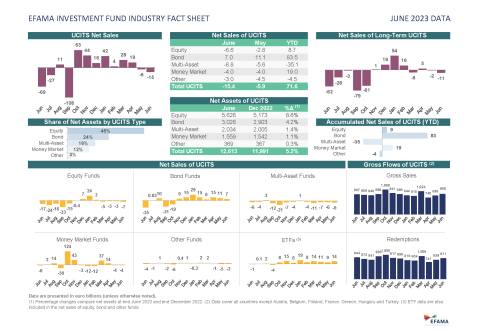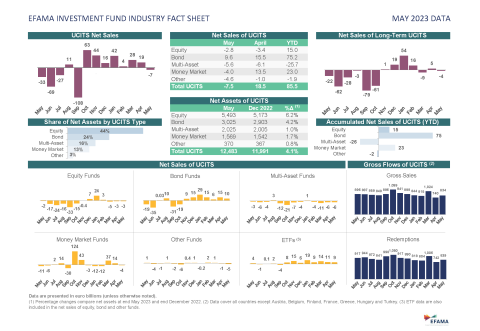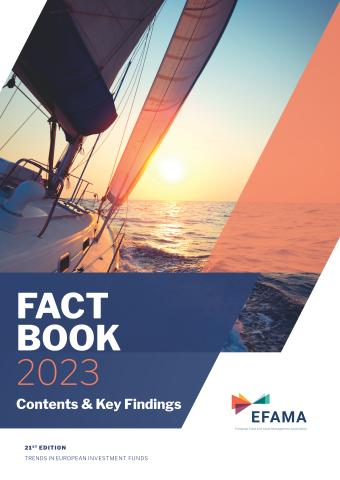EFAMA welcomes the IOSCO Consultation report which we believe is a good starting point for further engagement with our industry on dilution in Open-Ended Funds (OEFs). We believe that dilution may indeed trigger investor protection concerns for certain funds and welcome, in this respect, IOSCO’s commitment to protect end-investors from material dilution. This being said, we however do not support the consultation report’s significant emphasis on financial stability considerations.
Unlocking private investment to fund Europe's triple transitions
EFAMA’s publication lays out the asset management sector’s policy priorities for the next five years, building on the in-depth expertise of our members. This includes practical recommendations for keeping Europe competitive and developing deeper, more integrated and liquid capital markets in Europe.
























.png)

































